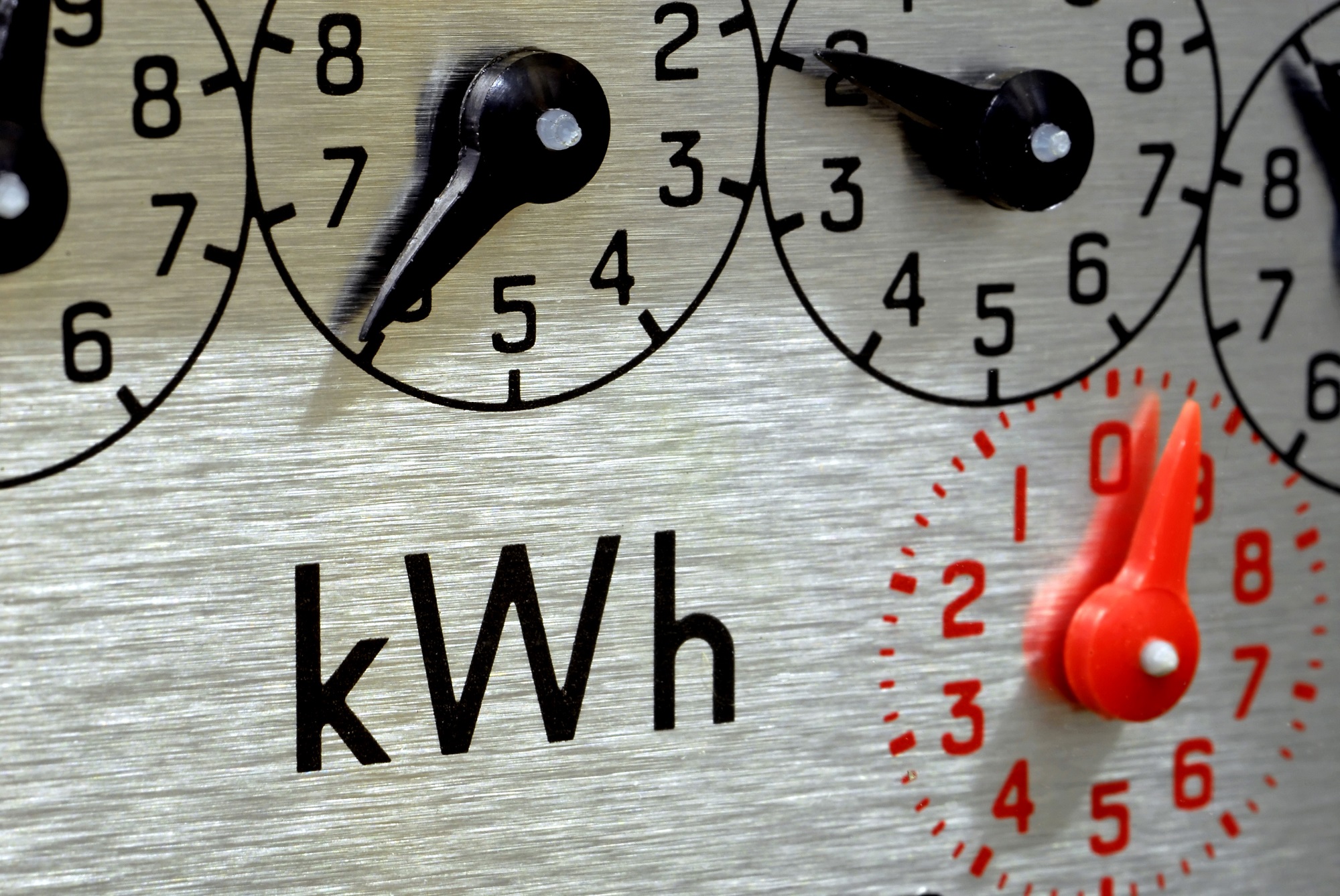Company bosses are being urged to plan for the increase in energy costs over the next 12 months to avoid ‘nasty shocks’ when contracts end. With most commercial contracts for energy running over longer periods than similar residential supplies, there is concern that company bosses may ignore the potential impact of sizeable price jumps in the meantime.
Analysts are suggesting that some companies that took out contracts in 2019/20, which are set to end in the summer or autumn of 2022, may witness price increases in the order of 50-60% when they come to renew their contracts.
Long term contract protection to end?
As a nation we have become used to the protection afforded to us by long term contracts, which fix the price for anywhere up to 3 years, but whilst these offer security against stepped increases, the impact of ending a contract in the current climate could expose some to substantial hikes in their energy costs.
Set against a backdrop of continuing uncertainty over supply, there are also questions over the willingness of energy providers to continue to offer incentives of longer term contracts, creating a perfect storm. There will be situations whereby businesses come to the end of their contract, their prices shoot up and they are unable to agree new fixed term rates, leaving them exposed to further fluctuations.
Numbness to higher prices
Historically the energy price market has increased through a cyclical process of rise and fall, where the drop back point is marginally higher with each cycle. This is further characterised by the fact that energy prices are deemed to ‘rise like a rocket and fall like a feather, so the overall increase is gradual, like a creeping barrage.
But with UK household energy bills now being forecast to hit £3,000 a year (Ofgem price cap), and with no visibility over the long term impact of the war in Ukraine, regulators are warning that we may be paying higher prices for so long that a numbness sets in and we never see a meaningful reduction.
